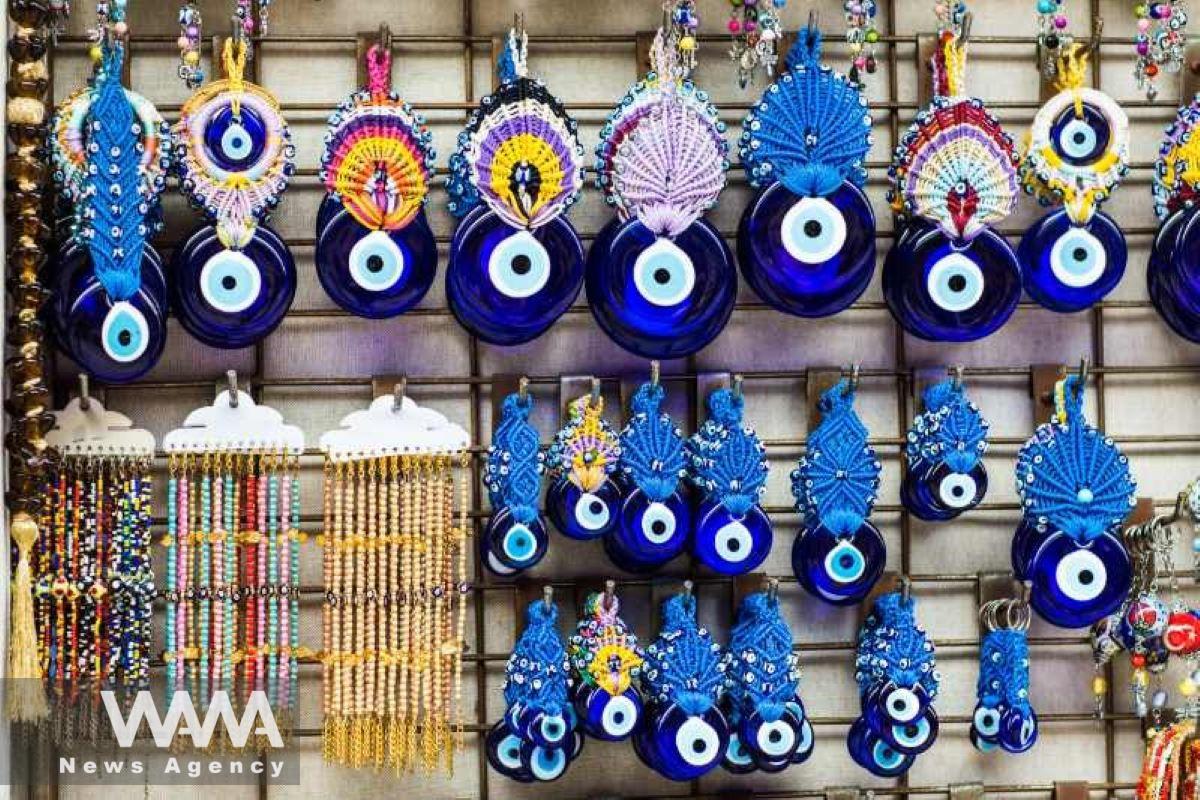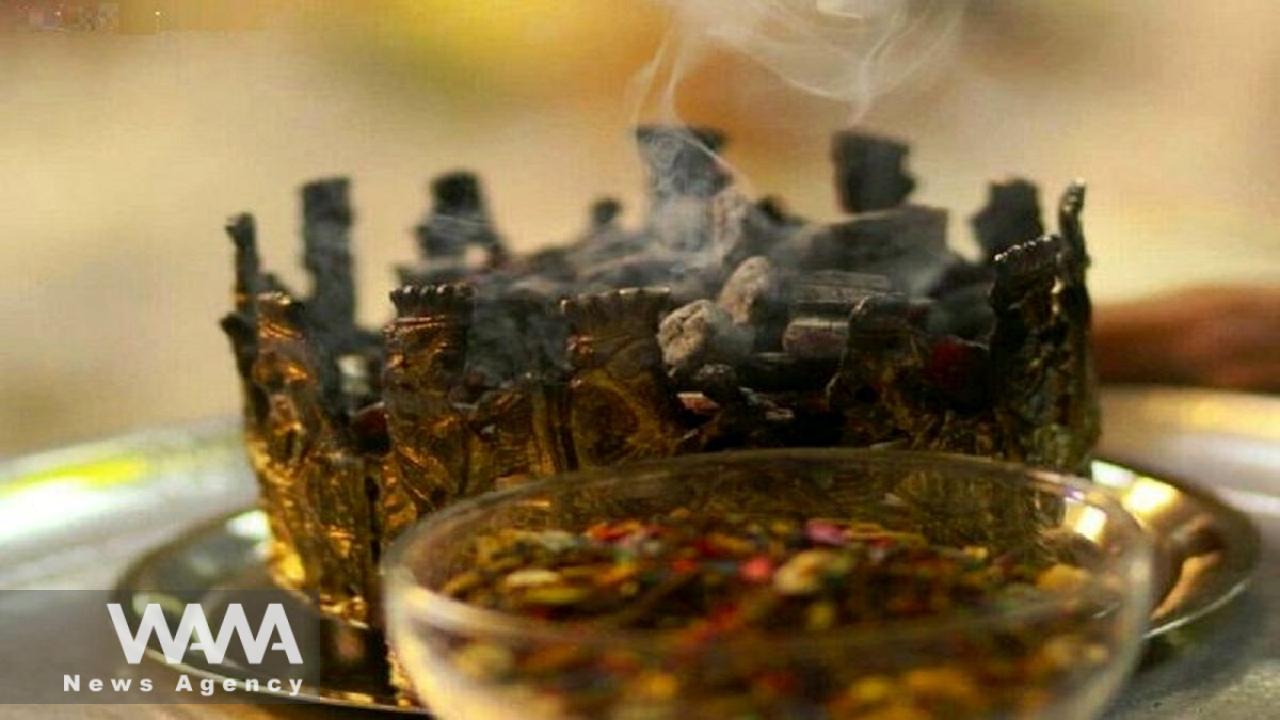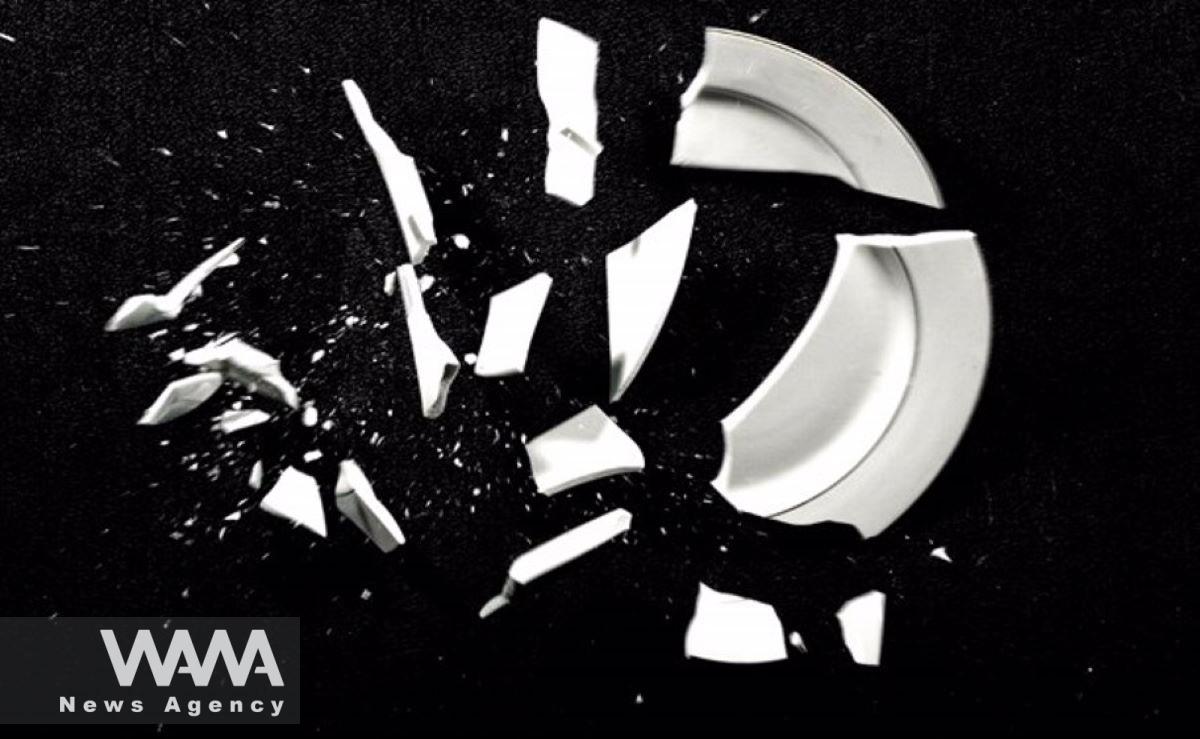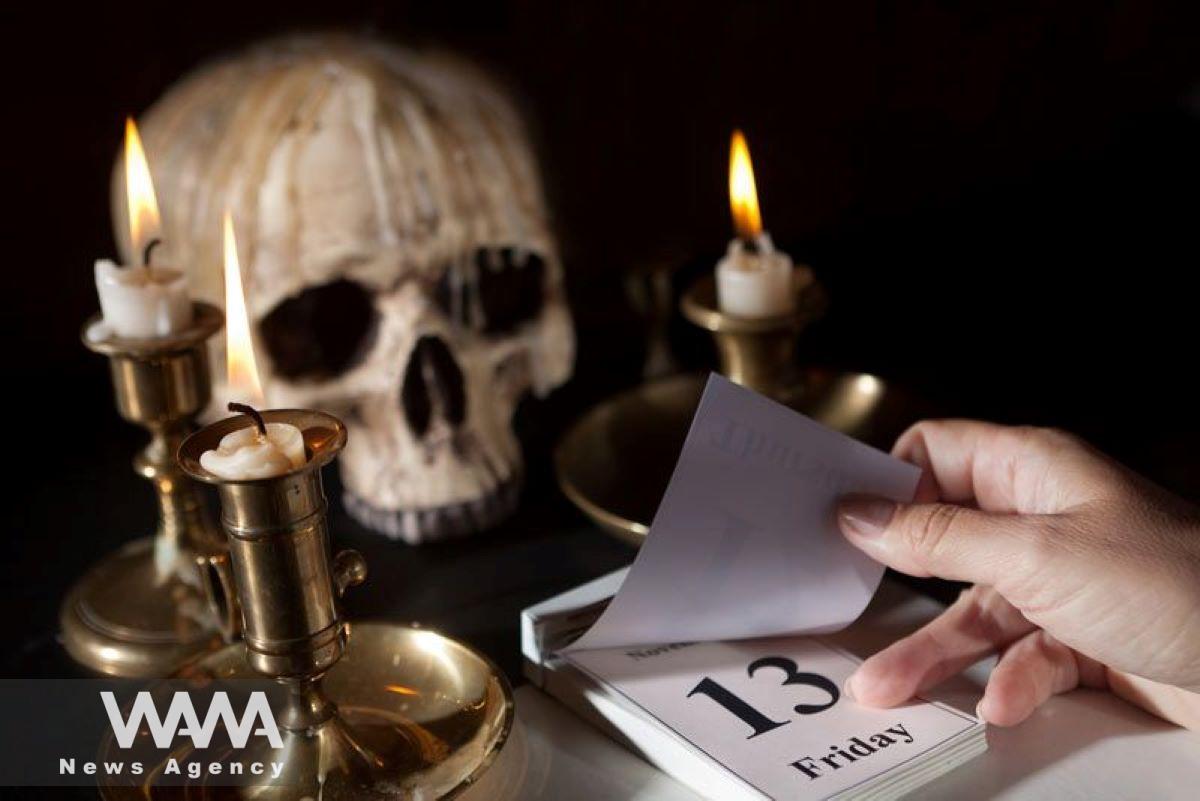Superstitions in Iran: Hidden Mysteries in People’s Beliefs
WANA (Dec 27) – Do you believe in superstitions? These seemingly irrational beliefs hold a special place in a people’s culture and can even influence the course of their lives. From eating a specific food to avoiding a simple action, anything can take on a unique meaning if you believe in superstitions.
In Iran, as in other countries, superstitions are deeply rooted in its culture and traditions. Sometimes, it’s hard to understand why certain actions seem so forbidden or essential. Are these beliefs scientifically grounded, or are they merely the result of historical coincidences?
In this article, we’ll explore some of Iran’s superstitions and delve into their mysterious and hidden world. You might already be familiar with some of them—or find yourself surprised by what you learn.
The Number 13 and Bad Luck: Just like in some Western cultures, the number 13 is also considered unlucky in Iran as a popular superstition. For this reason, on Sizdah-Bedar, the thirteenth day of Nowruz, people leave their homes and spend the day outdoors in nature as a symbolic way to ward off misfortune.
Whistling at Night: A common belief holds that whistling after dark attracts spirits or jinn and brings bad luck. As a result, many people avoid whistling at night, especially in quiet or deserted places.
Breaking a Mirror: Breaking a mirror is said to bring seven years of bad luck. This belief likely stems from ancient notions about the mirror’s ability to reflect a person’s soul. In the past, mirrors were regarded as symbols of an individual’s spirit, and breaking one was thought to harm the soul.
Sneezing:
- A Warning to Pause: If someone sneezes before leaving the house or making a decision, it is seen as a sign to wait or reconsider their choice.
- Sneezing While Speaking: A sneeze during a conversation is interpreted as confirmation of the truth or importance of the speaker’s words.
Gifting Sharp Objects: Giving sharp objects like scissors or knives as gifts is believed to sever the relationship between the giver and receiver, unless a coin or small amount of money is exchanged as a symbolic payment.
Additionally, opening and closing scissors without purpose or shaking a keychain can lead to quarrels. There is also a belief that gifting perfume can create distance or separation between the giver and the recipient.

This eye-shaped blue item, known as the “Nazar”, is used to ward off the evil eye and envy. It is often seen in Iranian homes or placed near newborn babies to protect them from evil eyes. Social media/ WANA News Agency
Drinking Water While Standing: Some Iranians believe that drinking water while standing, especially at night, can cause physical or emotional problems. This belief originates from traditional Iranian medicine, which advises drinking water in a seated and calm position for better digestion and overall health.
Modern research suggests that drinking water while standing might cause it to enter the stomach too quickly, potentially increasing pressure on the digestive system.
The Evil Eye: Belief in the “evil eye” is deeply rooted in Iranian culture, as well as in many others. It is thought that envy or a negative gaze can transfer harmful energy to someone. Even compliments, though well-intentioned, are believed to potentially bring bad luck unless accompanied by phrases like “Mashallah” or “Cheshm nakhoreh” (may it be protected from the evil eye). Common methods to ward off the evil eye include burning rue seeds (esfand) or giving alms.
Knocking on Wood: To prevent bad luck or the evil eye after praising or expressing happiness, people knock on wood and say “Cheshm nakhoreh“.

Burning esfand (wild rue seeds) is one of the most common practices in Iranian families. It is performed during joyful and sorrowful ceremonies, gatherings, or when purchasing new items to ward off the evil eye. Social media/ WANA News Agency
Trimming Nails at Night: Cutting nails after sunset is believed to bring bad luck. Historically, this belief may have arisen due to the lack of proper lighting at night, increasing the risk of injuring fingers.
Modern research has shown that excess calcium in the body is stored in the nails during the late hours of the day and returns to the bloodstream by morning. Trimming nails at night could result in a loss of this stored calcium, which may first manifest as vision issues caused by calcium deficiency.
Itchy Palms: This belief stems from ancient ideas about energy and its flow within the body. An itchy right palm is thought to indicate incoming money, while an itchy left palm suggests losing money.
Pouring Water Behind a Traveler: In Iranian culture, water symbolizes purity and flow. Pouring water behind someone leaving for a journey is a symbolic gesture to wish for their safe return.
Sweeping at Night: Sweeping the house after sunset is believed to drive away the home’s blessings or invite malevolent spirits. While there is no scientific explanation for this belief, its origin may lie in the risk of losing valuable items in the poorly lit evenings of the past.
Pregnant Women’s Cravings for Sour or Sweet Foods: It is said that if a pregnant woman craves sour foods, she will have a girl, and if she desires sweet foods, she will have a boy.
Breaking Dishes or Glasses: If a dish or glass breaks, it is often seen as a good omen, believed to ward off misfortune. Iranians interpret such incidents as bad luck or calamity being averted. To further keep bad luck at bay, they sometimes intentionally break a glass object on specific occasions, such as Sizdah-Bedar.














